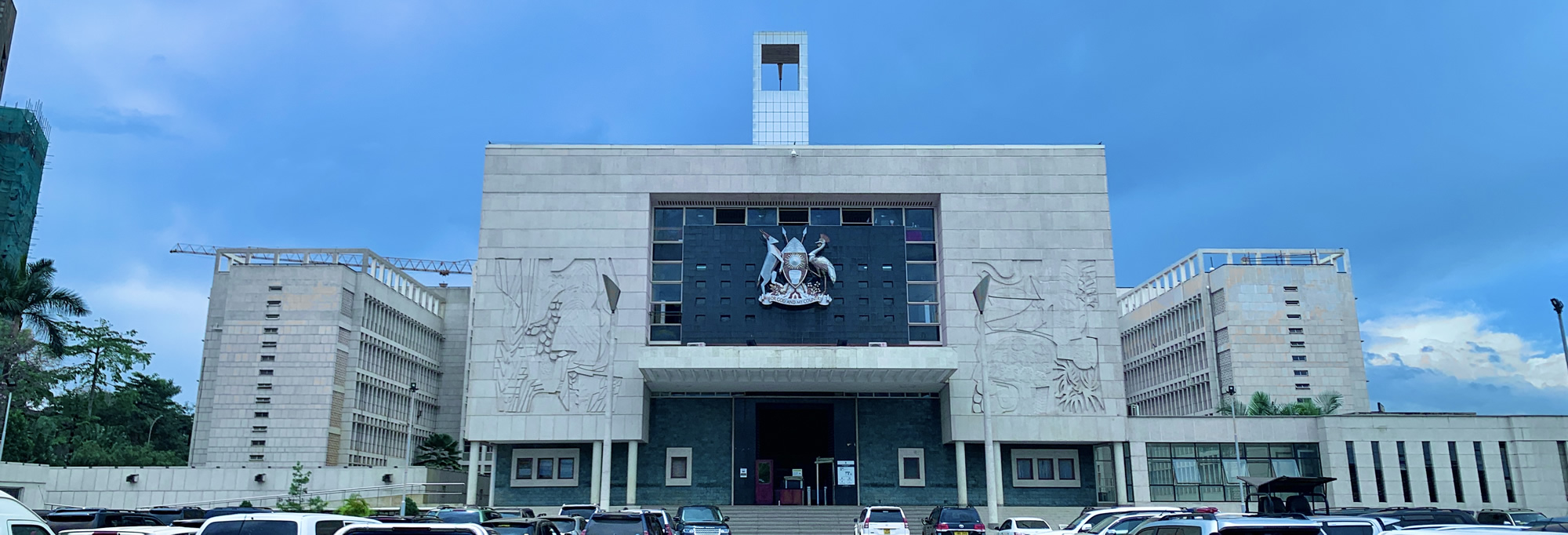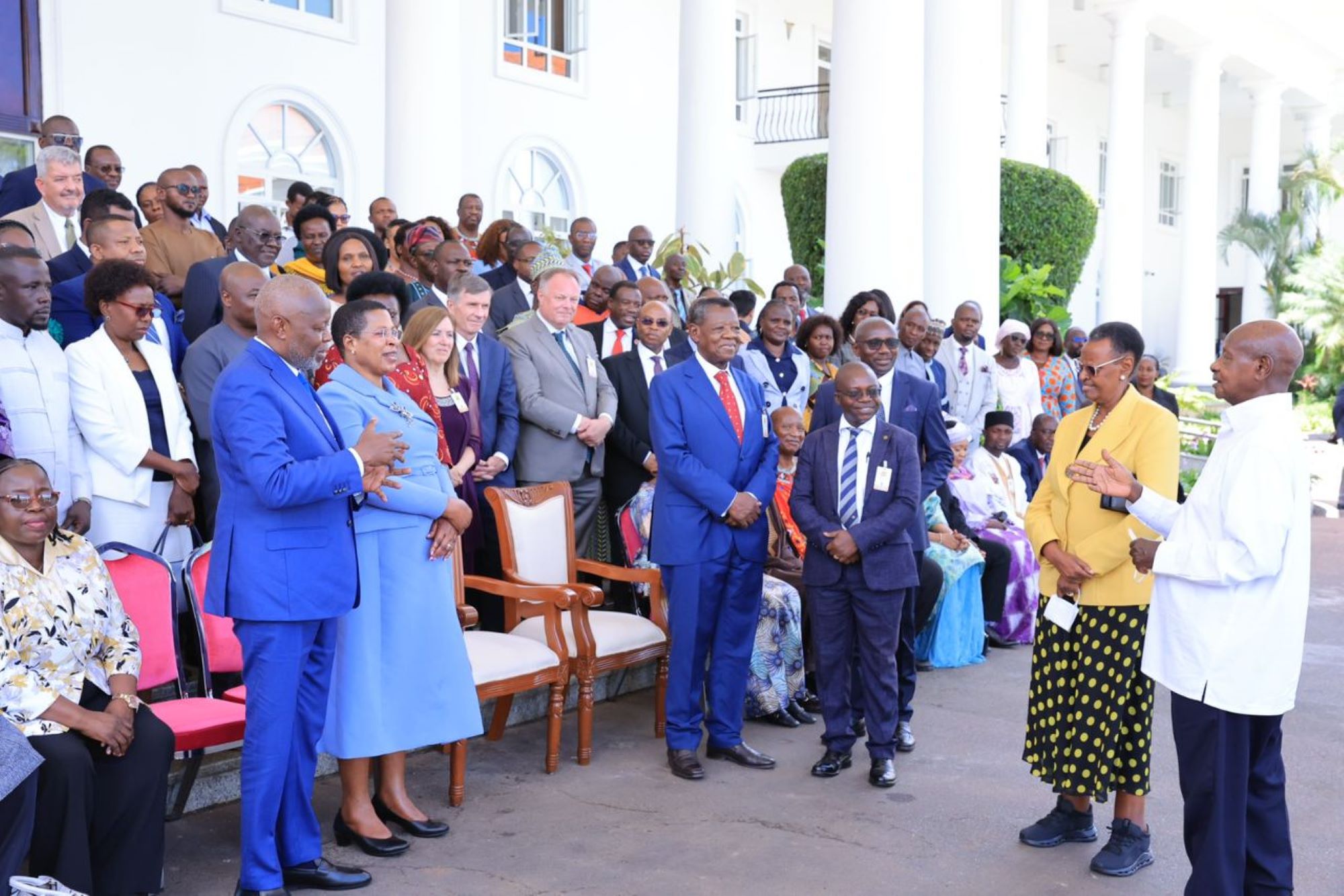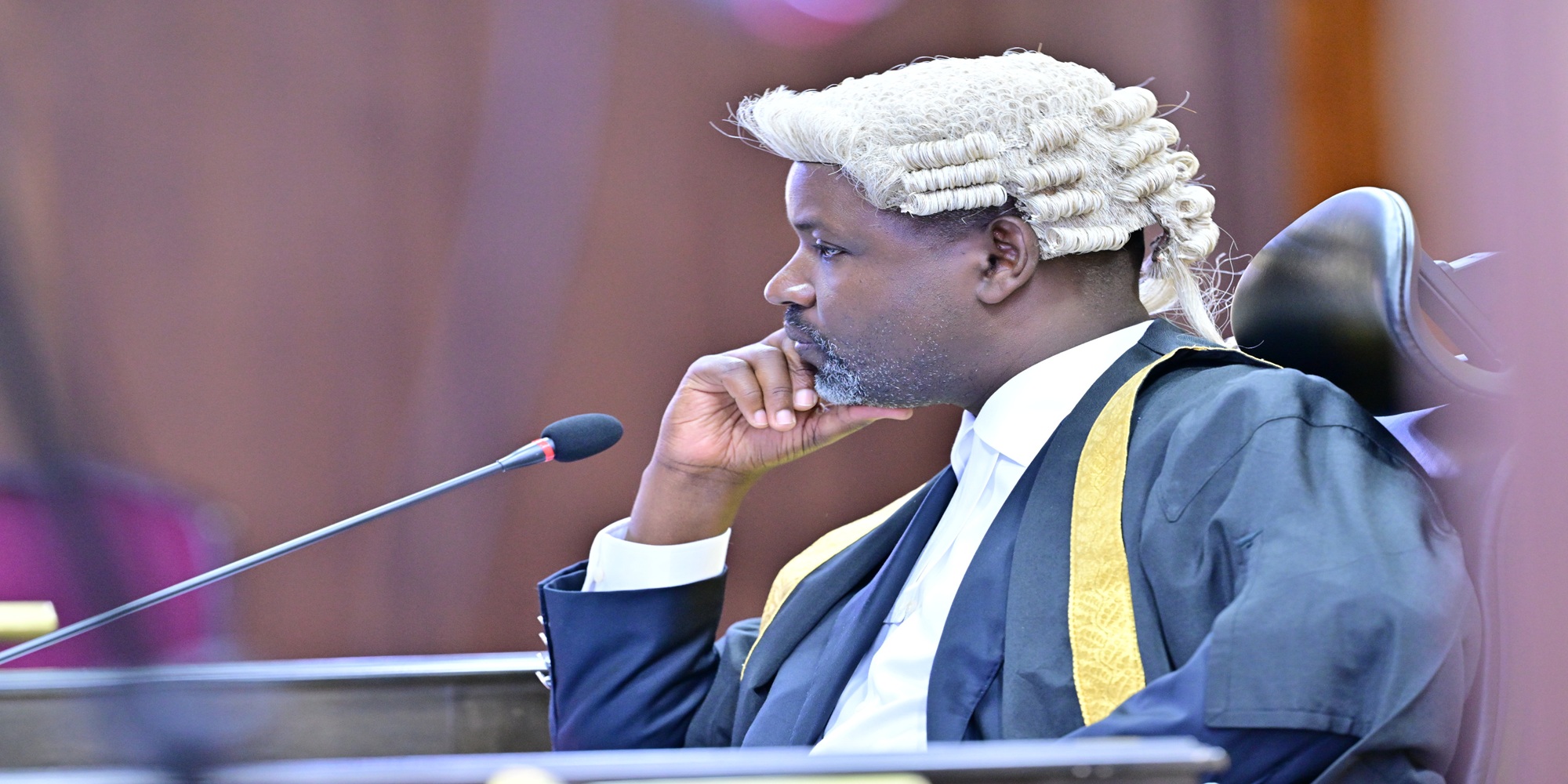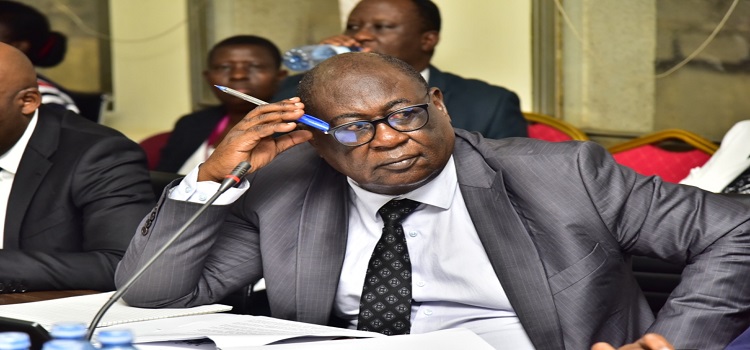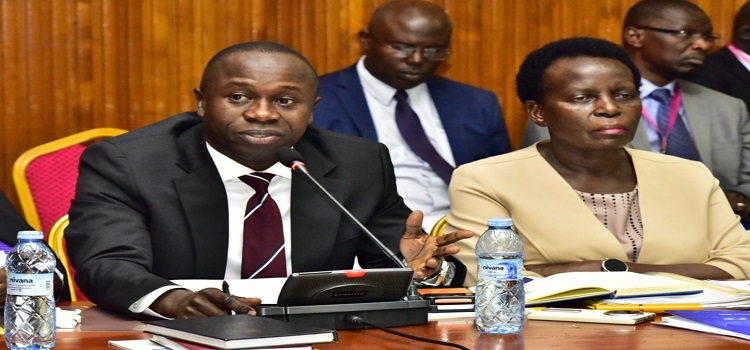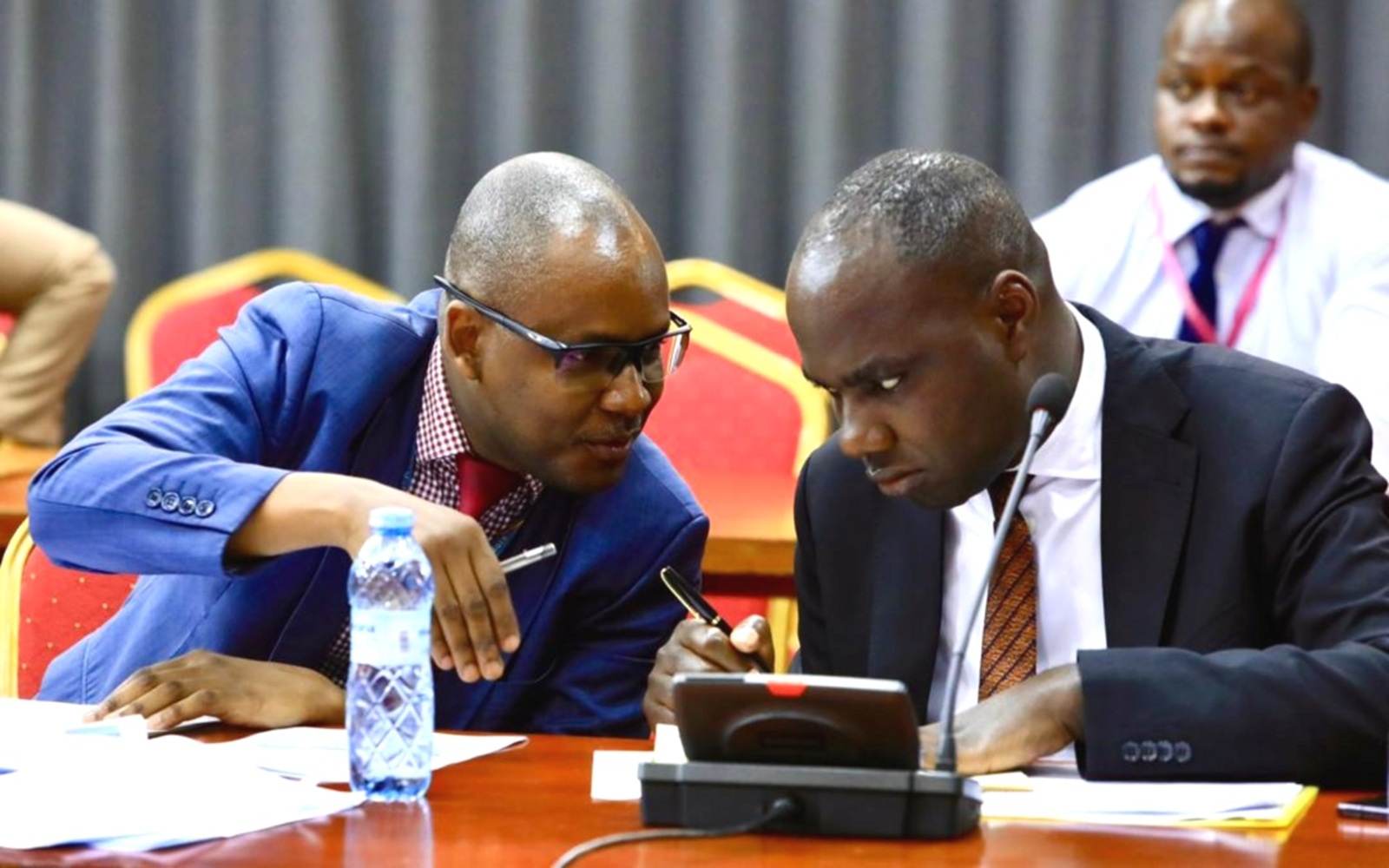Top political leaders, parliamentarians and faith-based actors from across Africa and beyond have this week convened at State House, Entebbe for the Third African Inter-Parliamentary Conference on Family and Sovereignty, issuing a strong call for an African Charter that defends traditional values, strengthens national sovereignty and resists external ideological pressure.
The high-level meeting, hosted by State House and the Parliament of Uganda in partnership with several African and global organisations, was opened by President Yoweri Museveni and Uganda’s First Lady and Minister of Education and Sports, Janet Kataaha Museveni on Friday, 09 May 2025.
In the meeting, Janet Museveni warned of growing global influences that threaten to erode African cultural identity and family structures under the guise of aid and development.
“Too often, aid is not offered freely, it now comes with conditions that threaten to redefine our societies according to foreign standards, thereby eroding the values we hold sacred and undermining our right to govern ourselves,” she said.
Mrs. Museveni, speaking with the conviction of a wife, mother, and grandmother, emphasised the urgency of reclaiming the continent’s educational, cultural and spiritual foundations from foreign interests.
“Africa stands today at a crossroads. We face unprecedented global pressures that challenge not just our economies but our beliefs and institutions that hold our nations together, especially the family,” she said.
She cited ongoing reforms in Uganda’s education sector aimed at instilling patriotism, moral grounding and reverence for family and God, noting that these initiatives are fully government-funded to avoid external ideological strings.
She also highlighted Uganda’s commitment to the 2020 Geneva Consensus Declaration, which affirms national sovereignty in policy decisions on life, family and gender.
President Yoweri Museveni, addressing the gathering, voiced strong support for the cause, warning against what he called “disorientation” being pushed on African societies.
“Now, for some of the people to want to spread this disorientation to the whole world is really criminal. But it will not work. It will fail,” he said.
President Museveni also dismissed comprehensive sexual education for children as “madness,” arguing that African traditions offer appropriate, age-based moral instruction.
He warned that Uganda may withdraw from the Samoa Agreement if it is found to contain ideologically coercive clauses under the label of reproductive rights.
“I appeal to you, now that you are here, all of you, and our lawyers are here, study that Samoa document. If it really contains all those things you are talking about, the reproductive rights, what have you, then we shall have to pull out from that nonsense, and tell the European Union that we cannot be part of that criminality. Because comprehensive sexual education, in the Bible, it says there is time for everything,” he said.
Speaker Anita Among reaffirmed Uganda’s commitment to protecting family values, citing the country’s recent anti-homosexuality legislation as an example of standing firm under international pressure.
She equally warned of increasing threats to African family structures from both local and foreign forces.
“The struggle towards preservation of family is not without challenges. The forces against the foundational values of family have agents both locally and internationally. They will try to divide us so as to defeat us,” she said.
Among hailed Parliament’s resolve during the passage of the Anti-Homosexuality Act, saying Uganda resisted blackmail and sanctions to defend traditional values.
“The combination of blackmail, sanctions and manipulations did not deter our spirit. We legislated in the best interests of our families and society” she said.
Among praised the President, the first lady and Members of Parliament for their courage and role in protecting Uganda’s cultural foundations.
Other notable voices at the conference included Mohamed Ghayate, Deputy Speaker of Morocco, who reaffirmed his country's commitment to an African renaissance grounded in sovereignty and shared cultural heritage.
“Sovereignty is the living expression of the will of our peoples to freely define their destiny, protect their resources, and preserve their culture,” he said, pledging Morocco’s support for a continental charter.
Henk Jan van Schothorst of Christian Council International, a Dutch-based advocacy group, praised Africa as the “last man standing” in the global battle for family values.
“You are threatened by the policies of the West, especially from the part of the world where I come from. But I want to encourage you to stay strong — not only for your children but also for ours,” he said.
The conference, organized by the Inter-parliamentary Network on Family Values, Family Watch Africa, African Bar Association, and the Foundation for African Heritage, marked the continuation of a growing African-led initiative to frame a Charter of Values and Sovereignty.
As deliberations continue, participants called for the outcomes of the gathering to be mainstreamed through African legislatures, the African Union, and the Organization of African First Ladies.
